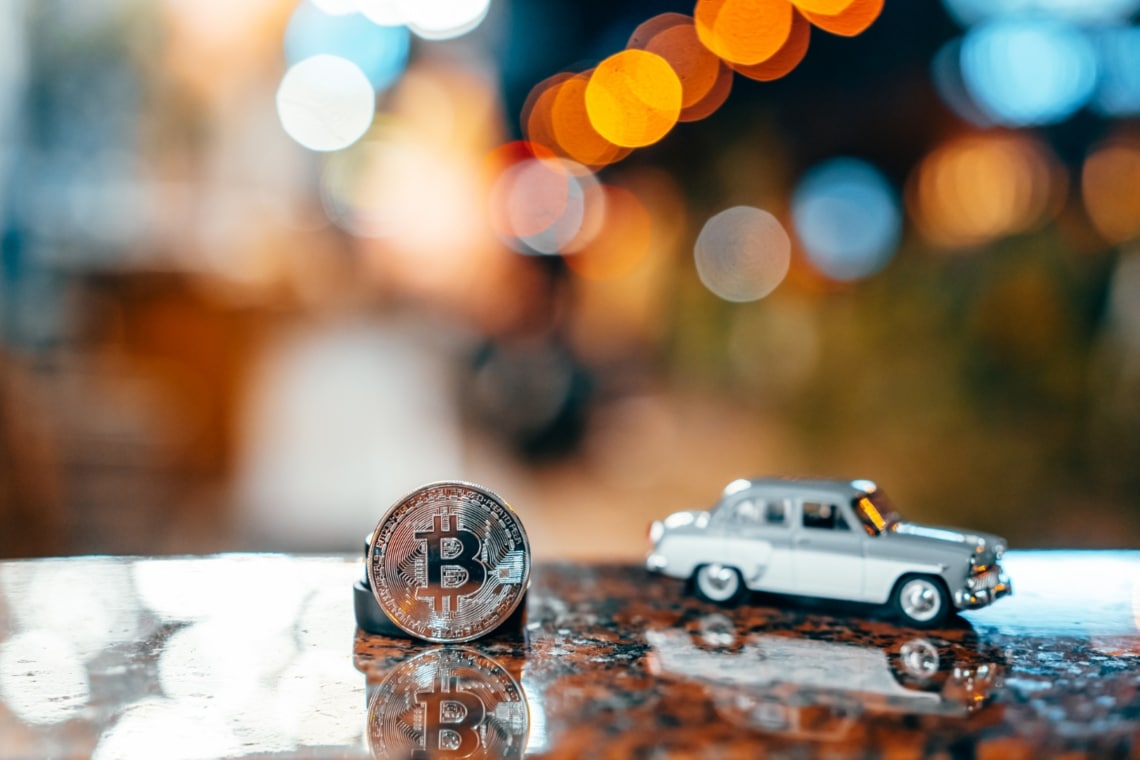In a gradual process of opening up to the world of crypto as early as March 2022, Russia had expressed its willingness to open up to the instrument in question, as specifically explained by Pavel Zavalny (Chairman of the Energy Committee of the country’s Congress), that it would accept payments for the export of natural resources in BTC.
Summary
Russia: crypto free becomes reality
Via the Russian news agency Tass, the Ministry of Finance of the Russian Federation intends to allow any production center in the country to use Bitcoin and associates for international trade.
“When it comes to our ‘friendly’ countries, such as China or Turkey, who do not pressure us, then we have been offering them for a while to change payments into national currencies, such as rubles and yuan. With Turkey, it can be pounds and rubles. So there can be a variety of currencies, and this is standard practice. If they want bitcoin, we will trade in bitcoins.”
The Kremlin’s move was also supported in June by Elvira Nabiullina, number one at Russia’s Central Bank, who although coming from positions historically averse to digital currencies, granted an opening by endorsing their use for cross-border or international payments as long as they do not enter the financial system.
The relationship between Moscow and BTC has a long history; the government of Vladimir Putin, who was already president at the time of Bitcoin’s inception, has often changed its opinion on whether or not this payment method, the technology from which it is derived, and other cryptocurrencies are useful, especially changing its mind on whether or not this is useful to the Russian cause.
Over time, the positions swapped several times and went from a line strongly opposed to the country’s opening to this new asset, to the opposite position, i.e., the one maintained to this day by Moscow’s Minister of Finance. The two views on cryptocurrencies alternated at least two more times, but the regulatory vacuum needed to be fixed.
A legislative vacuum in such an important country also in terms of geopolitics had to be solved by ad hoc legislation.
Because of the war with Ukraine, the country has received heavy sanctions from the international community, sanctions that have led the world’s largest country to suffer substantial economic damage.
Waiting for the framework law regulating digital currencies, NFTs and related instruments in all their aspects and forms, the Duma had banned digital currency payments and the use of all those instruments that make them even partially possible.
The text issued by the Russian parliament defined crypto:
“A set of electronic data contained in an information system that can be accepted as a means of payment that is not the monetary unit of the Russian Federation, or as an investment.”
Director of the ministry’s Financial Policy Department Ivan Chebeskov, explained in a recent interview
“We will allow international payments in cryptocurrencies for any sector without restrictions. The central bank is in favor of creating a full-fledged infrastructure for the circulation of digital currencies in Russia.”
While the Ministry of Finance prefers a local approach to regulating digital assets, the central bank is pursuing a broader range of regulatory actions.
“We believe we need a local crypto infrastructure. First of all, to protect the interests of citizens. Because now those who trade their digital currencies on cryptocurrency exchanges are limited. Secondly, to control when the digital currency comes in. used legally and when not,”
insists Chebeskov.
This eternal debate over crypto has even prompted President Vladimir Putin to intervene by showing his concern that the country may be missing an opportunity by not taking full advantage of this asset.
Industry and Trade Minister Denis Manturov, some time ago in a forum had spoken positively about Bitcoin explaining that eventually, Digital Currencies in general would be part of the country’s economy.
Digital Ruble
The creation of the Digital Ruble, for Moscow is a project that goes in this direction and at its creation has invested a lot of resources in the last two years.
The creation of a true digital state currency that will be placed side by side with other crypto has always been the president’s pet project.
“The question is, when this will happen, how will it be regulated, now that the central bank and the government are actively working on it but everyone tends to understand that … sooner or later this will be implemented, in one format or another.”
The digital ruble will have a dominant position over other currencies, both fiat and digital.
The Plan is divided into two phases, the first sees the appreciation of the fiat currency in the international arena against the dollar and the other currencies most widely traded in exchanges such as the pound or the Yen, and later the focus on the Digital Ruble.
The TASS news agency pointed out that according to the Russian government “it is impossible” now to continue without enabling crypto as a legal payment method for international trade.
The gradual opening up to blockchain and crypto puts the country in the vanguard among crypto-friendly countries such as Switzerland, Dubai, and El Salvador albeit still remaining a step behind.
The framework legislation soon to be implemented following the issuance of the Digital Ruble scheduled for winter 2023, at the latest spring 2024 (after finishing testing in 2023) will enshrine one of the most detailed comprehensive regulatory frameworks in the world comparable only to the US on and the European MiCA.




